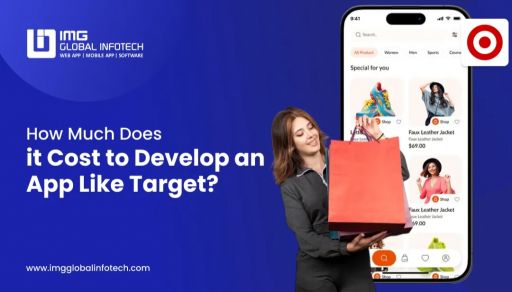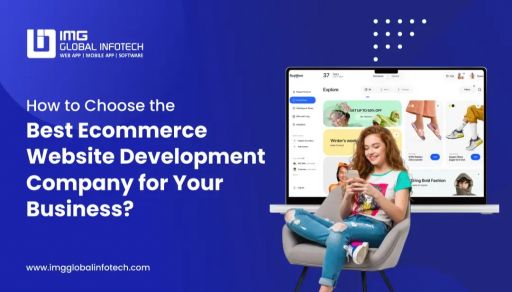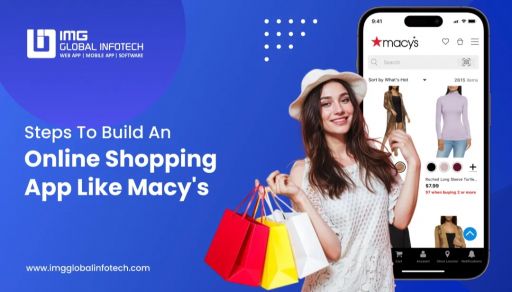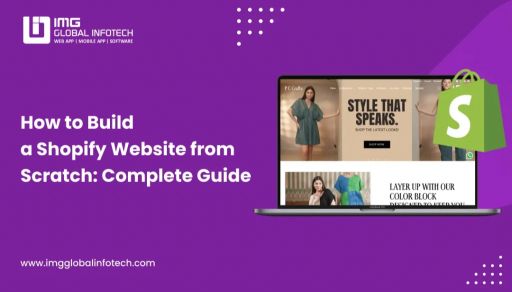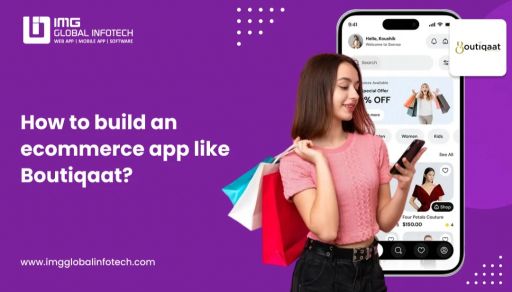How To Build A Furniture App Like IKEA AR?
Dipti Singhal
Nov 28, 2025

Developing an ar application like IKEA is a forward-thinking approach to innovating furniture shopping by way of immersive digital platforms. The furniture eCommerce market is forecasted to grow to over $41 billion in 2030, by which time the market prefers mobile-first shopping with features including AR (augmented reality), 3D visualization, and virtualized room planning. The IKEA success story around mobile includes finding customer value through personalization, seamless UX, and intelligent use of technology to increase engagement and conversion rates, which is a best practice for others. If you are interested in building a furniture app with features similar to those offered by IKEA's digital excellence, you need to understand the features, the technology stack, and the ikea ar app development cost first. This guide provides an overview of the steps necessary to develop an effective furniture eCommerce application in our digital economy to evolve your idea into a scalable revenue-generating digital platform for consumers to make purchasing decisions.
What is IKEA?
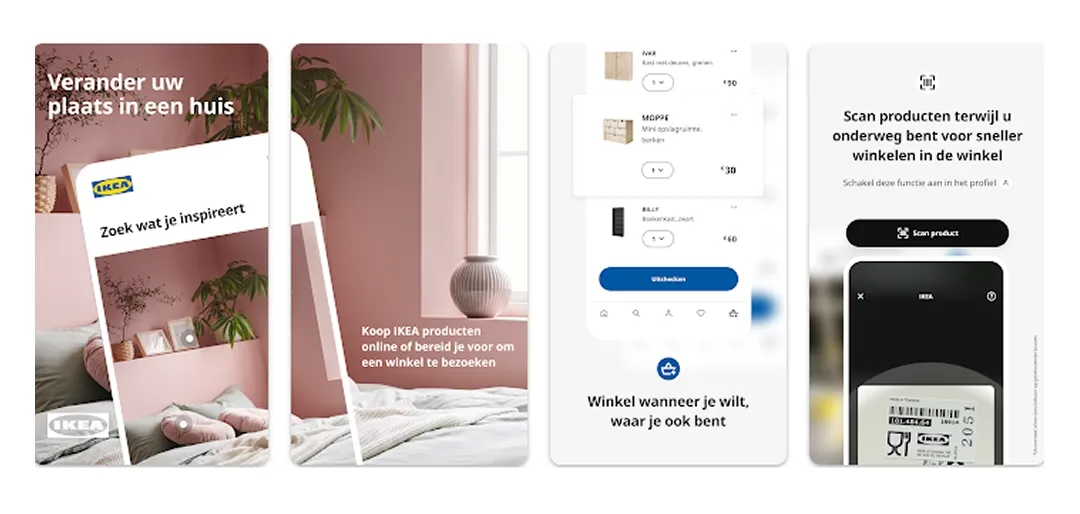
IKEA is a world-renowned Swedish retailer of furniture and home goods. IKEA established a global brand recognized for inexpensive, ready-to-assemble, functional products in a minimalist style. Founded in 1943 by Ingvar Kamprad, IKEA has successfully bridged the gap in the digital world with a mobile app that has improved the customer shopping experience by offering AR and 3D visualization tools. The IKEA ar application debuted in 2019 and has been downloaded over 50 million times across systems. IKEA has highlighted customer value with an intuitive interface, personalized recommendations, and room-planning features they have made furniture shopping interactive and accessible.
Essential Features of IKEA Augmented Reality App
Let's take a look at these fantastic features of ecommerce apps like Ikea that will help you in the process of building a furniture app like Wayfair and any other ecommerce app.
Augmented Reality (AR) View
Ikea home smart app allows users to view how furniture will look in their real space augmented reality (AR) experience, which aids them in visualizing size, fit, and design before making their purchase, which creates better purchase decisions and lowers return rates.
3D Product Visualization
Ikea room planner app provides the user with an interactive 360-degree view of products with zoom-in-routes for users to interact with products in 3D and view texture, design, and components closely with the clear intention of building purchase confidence.
Personalized Product Recommendations
Augmented reality app ikea uses AI to capture user behavior, preferences, and history to best display relevant product suggestions and best improve user engagement, conversion, and overall satisfaction through personalized shopping experiences.
Advanced Search and Filters
Ikea furniture app provides the user with a fast way to find products (by keyword or category) and filters by price, color, size, and materials, which means better navigation, a better user experience, and improved discoverability of products.
Room Planner Tool
An interactive design space that allows users to create and furnish a room virtually to verify that products fit well and match their selected interior style before the purchase process begins.
Wishlist and Favorites
Users will be able to save products they wish to purchase to monitor for availability and price drops and streamline a future purchasing experience, improving user retention and conversion opportunities.
Secure Checkout and Multiple Payments
Checkouts are fast and secure, with payments by card, wallet, EMI, and UPI encrypted, introducing and creating secure and flexible transaction experiences for all users.
Order Tracking and Notifications
With Home Depot like app development, you can provide timely updates on order status as it pertains to push notifications related to shipment, delivery, and offers, which is inherently transparent and helps keep engagement up post-purchase.
Customer Reviews & Ratings
Provides customer highlights based on their editorial review feedback on the product, which can help new buyers make more evidence-based decisions, plus the transparency & showing that shopping doesn't have to be a solitary experience
Native App Chat and Customer Support
Provides customer service in real-time with live chat bots or agents, which can help get questions answered, provide clarity around products, and, more broadly, have an impact on satisfaction and retention with eCommerce apps for furniture.
Step-by-Step Process Build An App Like Ikea
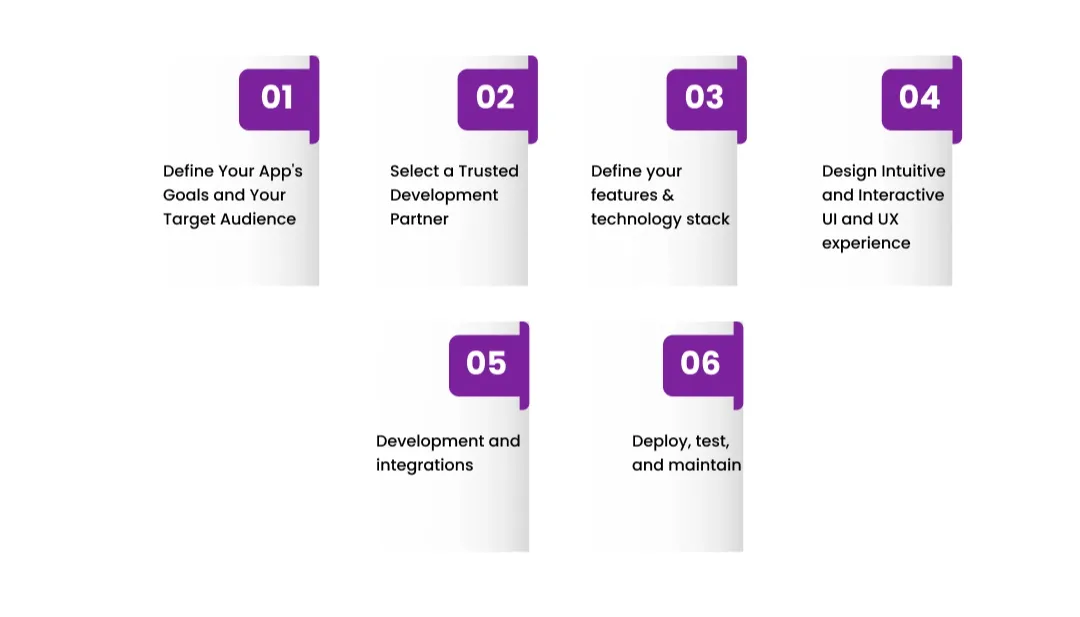
Here, you will get an answer to your most frequently asked question, "How to make an app like IKEA?". Building a robust furniture app like IKEA takes solid planning, modern and pertinent technology, and a good understanding of your audience. If you can work with a reliable AR application development company, that process becomes easier. Here are six simple steps to build an app like IKEA that you envision:
1. Define Your App's Goals and Your Target Audience
First off, start out by articulating what goals you are trying to achieve with your Best furniture eCommerce app ideas. Are you looking to deliver a truly AR shopping experience or just a basic furniture catalog? Recognize who you want to target, their wants/needs, and a list of "must haves" (i.e., 3D views of products, room planners, and secure payments). This will help the team building your eCommerce app for furniture stay focused on your business outcomes.
2. Select a Trusted Development Partner
Select a well-skilled and reputable Ecommerce App Development Company with ample experience with furniture and retail apps whose portfolio demonstrates quality work. The ideal app development company should have a well-versed team of individuals from augmented reality (AR) integration, UI/UX design, backend development, and scalable architecture. A quality partnership with a business partner, such as IMG Global Infotech, guarantees good work for your project scope overall, including on-time deliverables, innovation, and well-thought-out product quality.
3. Define your features & technology stack
As you collaborate with your e-commerce app Development Company to define your tech stack - whether it be Flutter, react native, ARKit, or ARCore - also rely on predefined features such as product search, virtual room planner, personalized recommendations, wish lists that build a customer engagement experience, and real-time order tracking.
4. Design Intuitive and Interactive UI and UX experience
Your app needs to be clean and easy to use if you want results like IKEA ar app has. The Mobile App Development Company will work to build wireframes, prototypes, and facial layouts that visually show your products and customers the overall look of your product. The IKEA alternative apps with AR allow for mobile responsiveness as well as easier navigation throughout the application.
5. Development and integrations
We are almost there to build a furniture shopping app. Custom furniture shopping app development is developed with frontend and backend, which involves APIs built into the different modules of the IKEA clone app development (AR, 3D) and payment gateway functionality. All Augmented reality furniture app modules will go through testing cycles to enable functionality across devices, if applicable.
6. Deploy, test, and maintain
Last but not least, the stage is to Build a furniture shopping app in which, after testing has been conducted, the app can be deployed to the respective app stores such as Google Play and App Store. The Furniture e-commerce development company should provide post-deployment support updates and continue to collect user feedback for improvements and long-term success.
How Much Does IKEA AR App Development Cost?
The cost to build an Ikea ar furniture app is ranges between $5,000 to $15,000+, depending on a number of different aspects, including complexity, desired features, and technology integrations. If you've reviewed the app functionality, you know that an App that mimics IKEA requires AR, 3D product visualizations, room planners, and secure eCommerce backend, which all contribute to overall expenses. Here are the six main elements influencing total IKEA app development cost:
1. App Features and Functionality
As more features are added that are advanced and complex in functionality, such as AR visualization, 3D models, virtual room planners, and AI-based recommendations, the IKEA ar app development cost increases. While basic eCommerce features do not require a significant budget, advanced features will significantly increase potential budgeting considerations.
2. UI/UX
Having a well-thought-out user interface that is easy to navigate, professionally designed, and incorporates interactive elements is a great way to improve the user experience. However, someone needs to have the design skills to execute that work. The design costs increase to accommodate focused and custom UI/UX work, with a special emphasis on mobile responsiveness and visually appealing 3D visualizations that result in increasing costs to build an ar app like IKEA.
3. Technology Stack
Depending on the technologies you decide to use, including Flutter, React Native, or any level of native approach for Android/iOS, all affect the cost of developing an app like IKEA. The cost to build an app like IKEA will be affected by your ability/decision to use ARKit (for iOS) and ARCore (for Android), 3D engines, and secure payment gateways.
4. Development Team Location
Hiring ikea ar app developer from North America or Western Europe will almost always be more ($15–$25/hour) expensive. The cost to Hire Ecommerce App Developers from India or Southeast Asia will still provide quality development, but at a lower development rate ($12–$25/hour), and vastly reduce your overall cost to develop apps like IKEA.
5. Backend Infrastructure and Admin Panel
A strong backend is required to manage inventory, customer support, ordering, and use of analytics. A scalable admin panel and a secure and structured database will only add to your complexity and e-commerce app development costs.
6. Testing and Maintenance
After your app is developed, you will continue to pay for maintenance and updates, bug repairs, and performance optimization. You will also be paying for testing and quality assurance of AR/3D features across devices. Testing for all devices, with a design that utilizes all the features like user-specific options (i.e., accessories), is time, which increases the cost to develop an app like IKEA.
To obtain the most accurate costing, you will want to consult with a development team like IMG Global Infotech, which specializes in Custom furniture shopping app development.
Why Hire Img Global Infotech For Your Ikea-Like App Development?
IMG Global Infotech is a trusted name in eCommerce and furniture app development and a leading provider of innovative, feature-rich, scalable mobile solutions. Our track record of developing apps like IKEA demonstrates our ability to marry creative design to different technologies like AR, 3D modeling, and AI personalization to build engaging shopping experiences. Our talented Custom AR furniture shopping app development ensures that your mobile app rises above the competition with performance, security, and the best possible user experience. So, if you're looking to Build an AR-based furniture app to help your furniture retail business stand out, partner with IMG Global Infotech and start making a great digital connection with your customers.
Conclusion
Developing an ar app like IKEA will need the right selection of bold, fresh ideas, simple functionality, and then modern technologies like augmented reality (AR) and artificial intelligence (AI) to engage customers in an enhanced shopping experience. With the digital shopping market in furniture growing and trending, now may be the best time to invest in an app like IKEA to give your customers a better experience, engage them with the brand, and drive sales. If you talk to a Furniture app development company with the experience and skills to make things happen, you will take your furniture retail business to new heights. It is only up to you to get this moving and start developing the future in furniture retail and mobile technology.
-
 How to Build A Premium Grocery App Like Kroger?
How to Build A Premium Grocery App Like Kroger?
-
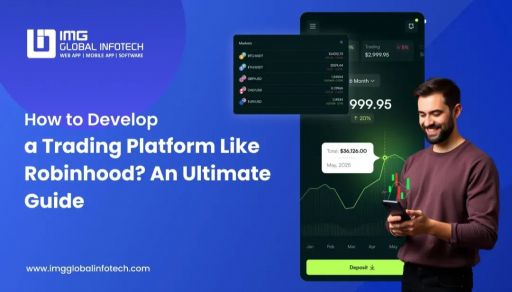 How to Develop a Trading Platform Like Robinhood? A Complete Guide
How to Develop a Trading Platform Like Robinhood? A Complete Guide
-
 The Role of AI in Credit, Banking, and Investment Services: Trends Shaping the Future
The Role of AI in Credit, Banking, and Investment Services: Trends Shaping the Future
-
 Thinking of Building a Fintech App? A Complete Guide to Features, Costs, and Success
Thinking of Building a Fintech App? A Complete Guide to Features, Costs, and Success
-
 Hire Gold Investment App Developers: Cost, Skills & Benefits
Hire Gold Investment App Developers: Cost, Skills & Benefits
-
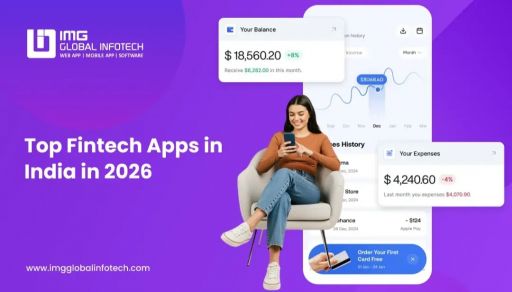 Top Fintech Apps in India in 2026
Top Fintech Apps in India in 2026
Dipti Singhal is a skilled Content Writing Specialist at IMG Global Infotech, with strong expertise in creating engaging, SEO-optimized content for various industries. She focuses on blending storytelling with effective keyword strategies to help businesses connect with their audience and improve their online visibility. Passionate about delivering high-quality content that drives real results, Dipti plays an essential role in strengthening the company’s digital presence.


